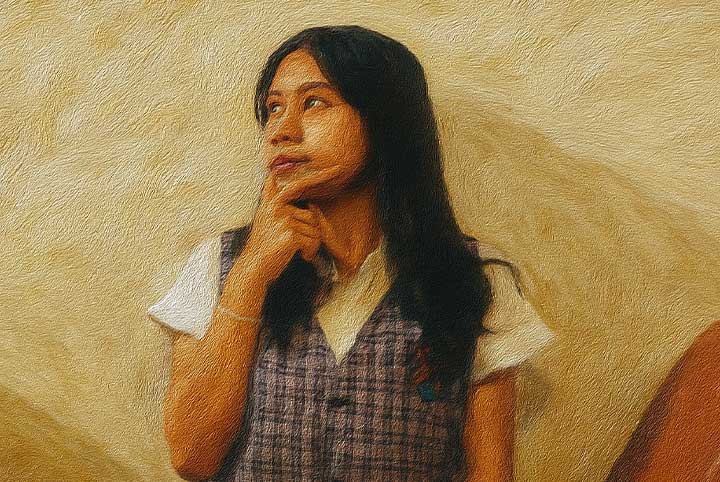Every human being must have felt the darkest point in his life, when all efforts seem futile, when words lose their meaning, and the only thing left is lamentation. In such conditions, prayer is no longer a beautiful sentence, but the cry of a wounded soul. We may have been there, when we lost a loved one, faced suffocating injustice, or witnessed inevitable destruction. It is in this space that Psalm 79 sounds its deepest resonance, presenting a prayer that rises from the ruins of history and the wounds of humanity.
The psalm is rooted in the tragedy of Jerusalem's destruction, which most likely occurred in 586 BC when the temple was destroyed by the Babylonian army. The structure of the psalm exposes the inner fragility of the people: it begins with a description of the destruction that befell the city and God's people (verse 1–4), then shifts to a prayer that is not entirely orderly, mixed between pleas for mercy and cries for justice against the enemy (verse 5–12), and finally closes on an unexpected note of praise (verse 13). This disorganization reflects the face of prayer in the midst of crisis, a prayer born not from a neat rhetorical arrangement but from existential anxiety. Yet, beneath the chaos, the central message remains unwavering: a petition made not in the name of Israel, but in the name of God himself.
The psalmist's prayer reveals the inner dynamics of humanity in trauma: thoughts that jump around, feelings that oscillate between despair, anger, and hope. This is what makes Psalm 79 feel so honest. It reminds us that true prayer is not an attempt to change God to our will, but a means for God to shape our will. No wonder, then, that despite the cry for justice against enemies, this prayer is still centered on God, not on the human ego. This realization shows that prayer is not an escape from suffering, but a space for transformation of the soul.
Friends of the Bible, we too are often tempted to pray only for the safety of ourselves or our groups. But Psalm 79 reminds us that true prayer is a prayer of submission, "Help us, O God our Savior, for the glory of your name". This means that we dare to put God's interests, namely justice, love, and restoration, above our egos. Then, when our soul truly prays, it is no longer just a personal request, but an expression of faith that surrenders the entire existence of life to God's will.




















